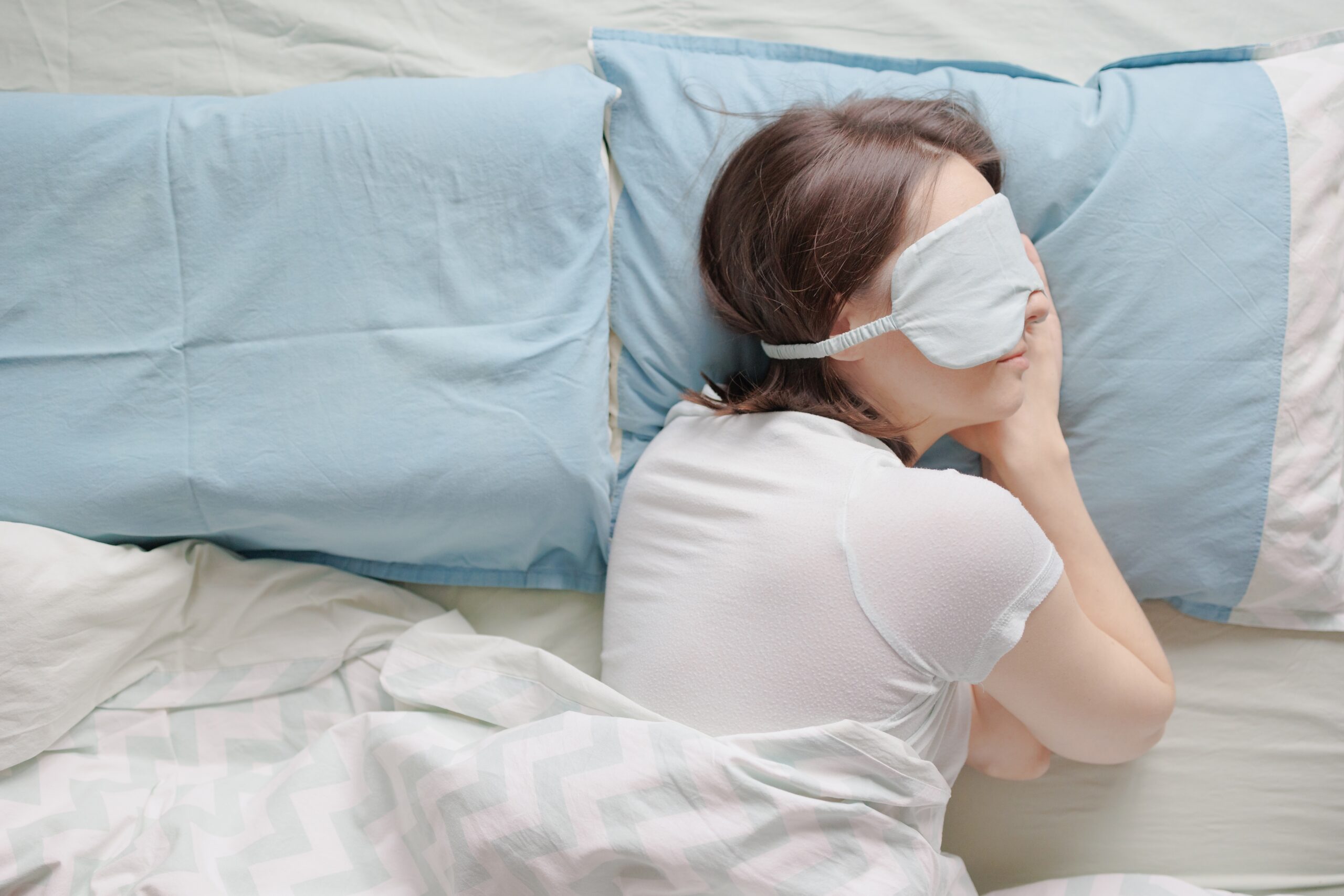Recognize the Signs: Symptoms of Sleep Apnea & How Obstructive Sleep Apnea is Diagnosed

- Author: Craig Fox
Millions of individuals all around the world suffer from a medical condition known as sleep apnea. It’s crucial to detect the warning signs and symptoms of sleep apnea in order to receive the necessary medical care.
In this article, we will cover important information on the symptoms, signal and diagnoses of sleep apnea.
Sleep Apnea: What is it?
It is a sleeping disorder that affects millions of individuals around the world. With sleep apnea, you experience disruptions while sleeping. These disruptions, known as apneas, might persist for several seconds and happen numerous times throughout the course of an hour. Obstructive and central sleep apnea are the two basic kinds of the condition. About 84% of cases of sleep apnea are obstructive, making it the most prevalent. It happens when the throat’s muscles relax and close up the airway while you’re sleeping. This phenomenon results in loud snoring, choking or gasping sounds.
Central sleep apnea happens when the brain misdirects the impulses to the muscles that govern breathing while we sleep. While it can cause a person to momentarily stop breathing while they sleep, it is not typically related to snoring. Sleep apnea symptoms and signs vary, however some of the most typical ones are as follows:

Loud Snoring
The most obvious sign of sleep apnea is frequently this. Aside from snoring, gasping or choking noises may also be present. You may also experience breathing pauses, which maybe notice by a family member or bed partner. Even after having a full night’s sleep, you may feel overly exhausted or sleepy during the day. This can induce morning headaches because it disrupts the oxygen supply while you sleep.
Focus Problems
Sleep apnea can impair cognitive, memory, and concentration skills. Aside from that, mood swings, melancholy, and irritability can also be apparent. Sleep apnea patients may toss and turn during the night and may awaken feeling agitated and unrefreshed.
It’s critical to get medical help if you think you could have sleep apnea or a loved one might. A thorough examination will help identify if you are suffering from this sleep disorder. A physical examination and medical history are the first steps in the diagnosis of sleep apnea.
Your symptoms, medical history, and any medications will be discussed during your consultation. Additionally, they might conduct a physical examination. It can include a careful inspection of your throat, nose, and mouth.
Gasping for Air
Gasping for air during sleep is one of the most common symptoms of sleep apnea. People with sleep apnea often experience a sensation of gasping for air during the night. Also, gasping for air is not just a sign of sleep apnea. It can also be a sign of other sleep disorders.
Awaking with a Dry Mouth
Upon waking, many people with sleep apnea experience a dry mouth. This is caused by the body’s lack of oxygen during sleep, which in turn reduces the production of saliva. This can lead to a feeling of dryness in the mouth, as well as an increased thirst throughout the day. This symptom can be difficult to deal with, as it can lead to difficulty speaking and an uncomfortable sensation during the day.
What is a Sleep Study?
A polysomnogram, commonly referred to as a sleep study, is a test that gauges different components of your sleep. It gauges your brain waves, heart rate, breathing, and oxygen levels. Depending on your doctor’s advice, a sleep study can be performed at home or in a sleep laboratory.
You’ll be connected to a number of sensors and monitors throughout a sleep study. These sensors and monitors will record your sleeping habits such as the following:
Electroencephalogram (EEG), which measures brain activities.
Electromyogram (EMG), your muscle activation.
Electrooculogram (EOG), measures eye movements.
Your heart rate, EKG Blood oxygen levels are measured using a pulse oximeter. A sleep specialist will examine the sleep study results and determine whether or not you have sleep apnea and how severe the condition is.

Sleep Apnea Treatment
There are numerous treatment options available. Continuous positive airway pressure (CPAP) therapy, is the most popular treatment for obstructive sleep apnea.
During CPAP therapy, a mask will cover your nose and/or mouth and is connected to a machine. You may also opt for oral appliance therapy. This is normally advised in severe cases of sleep apnea.
The severity of sleep apnea can also be lessened by making lifestyle changes. These can include quitting smoking, avoiding alcohol, and abstaining from sedatives. Incorporating V-Com into the CPAP circuit can provide patients with a more comfortable treatment. With a V-Com device, it reduces inspiratory airflow and pressure, without compromising the effectiveness of the treatment.
Most sleep apnea patients can reduce their symptoms and enjoy a higher quality of life with the right diagnosis and care. Some symptoms to watch out for include:
- erratic sleeping patterns
- frequent night time toilet visits
- memory or learning issues,
- and diminished sex desire.
Obesity, aging, and other medical problems, such as diabetes and hypertension, can also contribute to obstructive sleep apnea. Additionally, anatomical issues with the airway, including larger tonsils or a deviated septum, may also take part in the development of sleep apnea.
A physical examination, blood tests, and imaging exams of the airway are just a few of the other tests a doctor might run in addition to a sleep study to assist identify sleep apnea. A person’s quality of life may be significantly impacted by sleep apnea, which is a serious medical disease. It is more than just a bother, thus it shouldn’t be disregarded. Sleep apnea can cause major health issues, such as high blood pressure, heart disease, and stroke, if it is not treated. In addition, it may exacerbate mental health problems like anxiety, depression, and others. It’s critical to get medical help if you or a loved one exhibits any of the sleep apnea symptoms or indicators. Most sufferers with sleep apnea can reduce their symptoms and enjoy a higher quality of life with the right diagnosis and care.
Ready to get started?
Optimize and improve your sleep apnea treatment with V-ComTM, no prescription required!
30 Day Money-Back Guarantee
